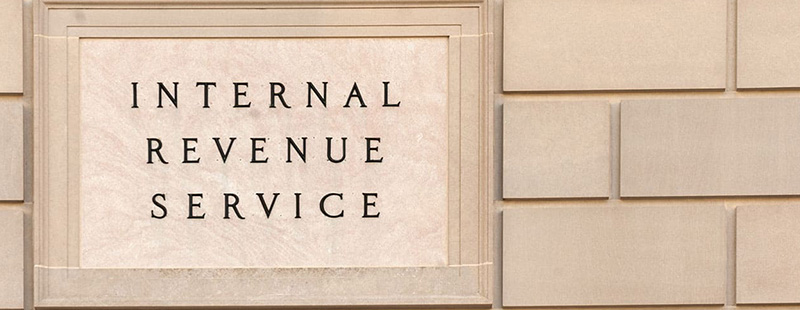In FAQs posted on March 23, 2020, the IRS answered many of the questions regarding the July 15 filing and payment extension announced in IRS Notice 2020-18. Note the following highlights:
Filing and payment extension is only available for the following returns:
- Form 1040, 1040-SR, 1040-NR, 1040-NR-EZ, 1040-PR, 1040-SS;
- Form 1041, 1041-N, 1041-QFT;
- Form 1120, 1120-C, 1120-F, 1120-FSC, 1120-H, 1120-L, 1120-ND, 1120-PC, 1120-POL, 1120-REIT, 1120-RIC, 1120-SF;
- Form 8960;
- Form 8991; and
- Form 990-T (but only if originally due on April 15).
Extension relief is not available for:
- Fiscal-year taxpayers, unless their original due date or extended due date is on April 15, 2020;
- Second quarter estimated income tax payments due June 15, 2020;
- Returns that were originally due on March 15, including Forms 1065, 1065-B, and 1066, and Form 1120-S for calendar year taxpayers;
- Returns with other due dates, such as the May 15 due date for nonprofits;
- Payroll or excise taxes;
- Estate or gift taxes; and
- Information returns.
Additional information:
- Taxpayers needing an additional extension to October 15, 2020, can file an automatic extension request by July 15, 2020, using Form 4868 for individuals and Form 7004 for businesses (including trusts), and must pay any extension amount due at that time to avoid the imposition of interest and penalties starting July 16, 2020;
- Taxpayers that scheduled a payment with their tax return (authorizing an electronic funds withdrawal) may cancel their payment by calling (888) 353-4537. Cancellation requests must be made no later than 11:59 p.m. ET two business days prior to the scheduled payment date. See FAQ 14 for instructions to cancel other types of scheduled payments; and
- Deadlines for contributions to IRAs, employer retirement plans, health savings accounts, and Archer medical savings accounts are extended to July 15, 2020.
The FAQs are available at:
www.irs.gov/newsroom/filing-and-payment-deadlines-questions-and-answers





